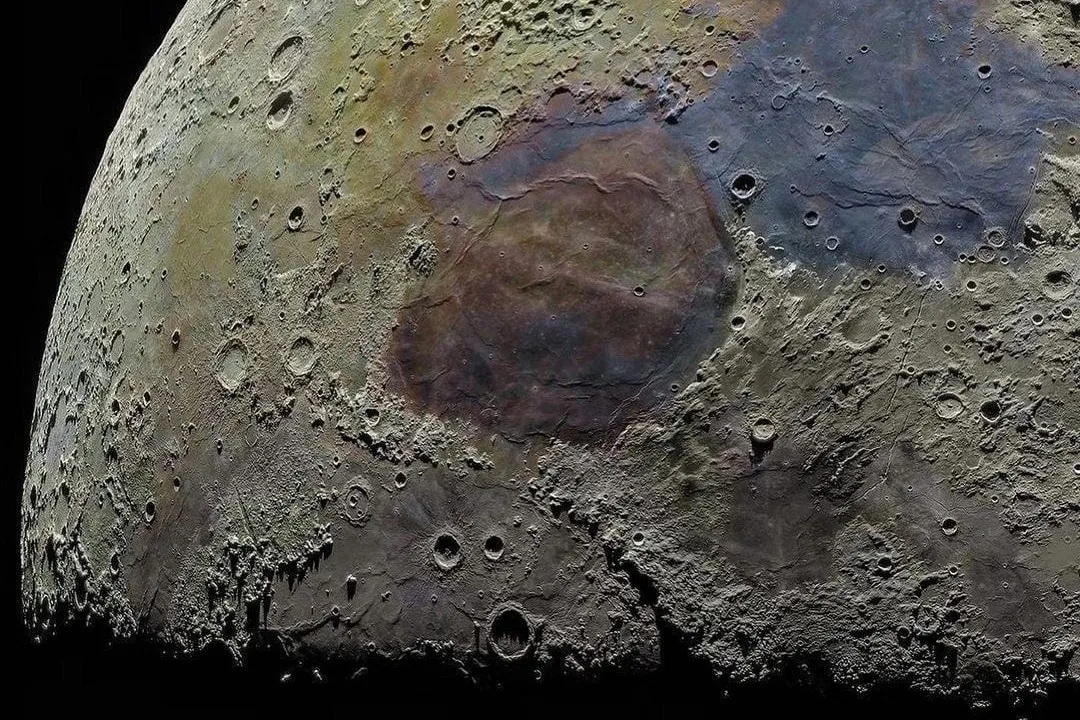The sanctions imposed on Russia by the West, which are also intent on subverting Russian’s scientific capabilities, have led to a closer cooperation between the scientific elites of Russia and China, particularly in high-tech areas such as quantum computing. Some of this was discussed, often sotto voce, at a recent Future Technology Forum on July 13 which was held in Moscow, and, surprising to most of the quantum physicists, was visited personally by President Vladimir Putin. (http://kremlin.ru/events/president/news/71666 )
Russia has worked on quantum physics since the Soviet era, and has won six Nobel Prizes for discoveries in this field. Ruslan Yunusov, co-founder of the Russian Quantum Center, a non-profit research organization that is leading the development of quantum research in Russia, said the strength of Russian scientists in quantum science had been underestimated. “Not so many people know, but the Russian school of quantum physics is very, very successful and very strong. And I think that’s the basis for these collaborations,” Yunusov said.
Alexey Fedorov was commissioned to build a new generation quantum laboratory in Russia ten years ago, when he was a fourth-year university student. Now, as the youngest full professor in the history of the Moscow Institute of Physics and Technology, Fedorov is working closely with some Chinese researchers on quantum algorithms and cryptography. Fedorov’s team has visited Chinese quantum facilities in cities such as Beijing, Shanghai, Wuhan and Chengdu, to establish joint research projects. Facing increasing Western sanctions in this field, Chinese scientists have established a more or less complete quantum technology supply chain at home.



